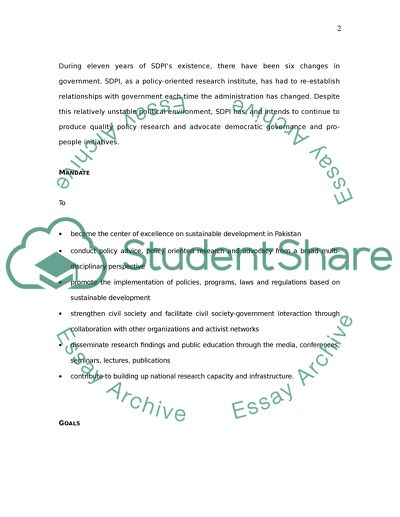Cite this document
(Pakistan National Conservation Strategy Research Paper, n.d.)
Pakistan National Conservation Strategy Research Paper. https://studentshare.org/environmental-studies/1505695-pakistan-national-conservation-strategy
Pakistan National Conservation Strategy Research Paper. https://studentshare.org/environmental-studies/1505695-pakistan-national-conservation-strategy
(Pakistan National Conservation Strategy Research Paper)
Pakistan National Conservation Strategy Research Paper. https://studentshare.org/environmental-studies/1505695-pakistan-national-conservation-strategy.
Pakistan National Conservation Strategy Research Paper. https://studentshare.org/environmental-studies/1505695-pakistan-national-conservation-strategy.
“Pakistan National Conservation Strategy Research Paper”. https://studentshare.org/environmental-studies/1505695-pakistan-national-conservation-strategy.


